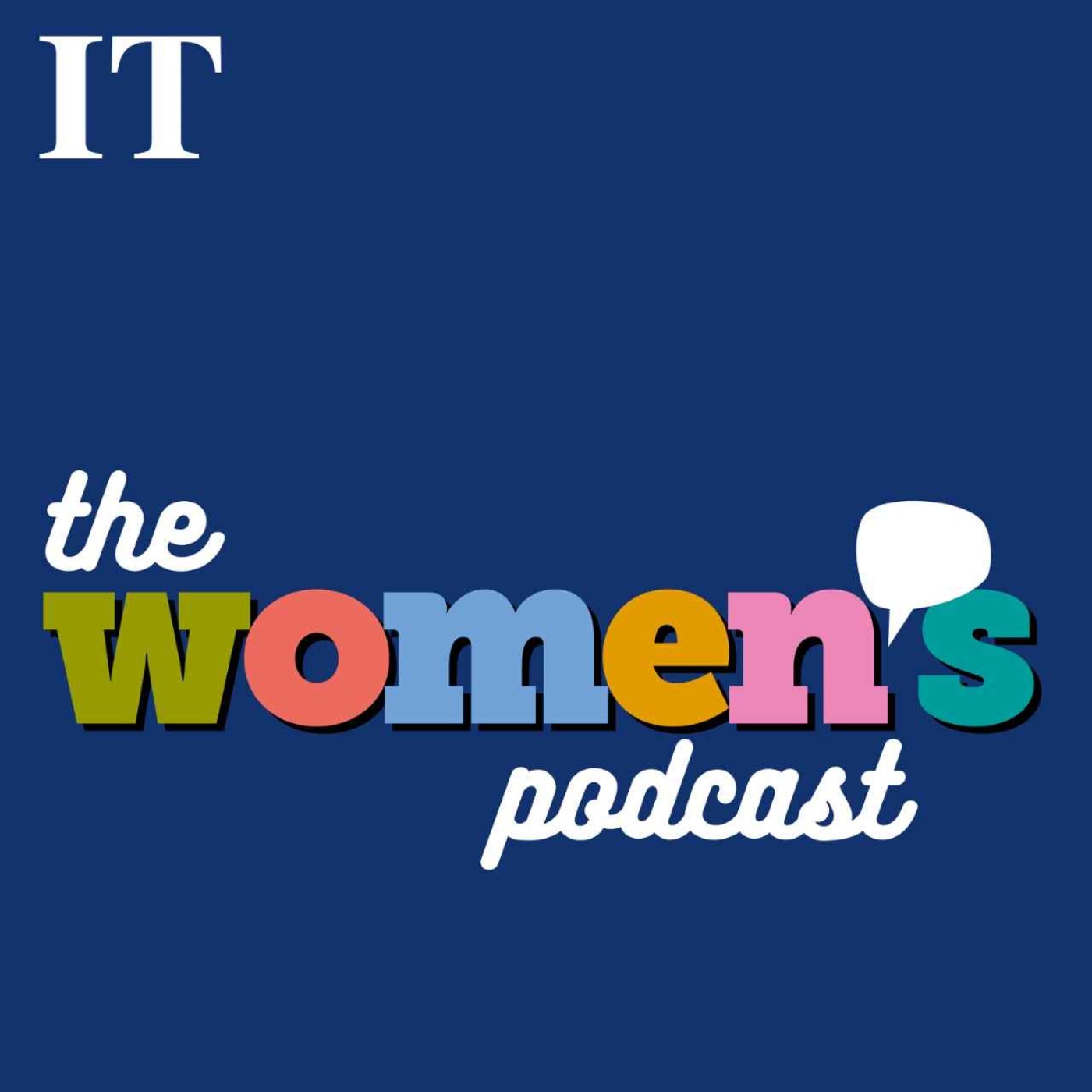When Aoibhinn Ní Shúilleabháin was first asked to chair the Citizens Assembly on Biodiversity loss, she turned down the offer.
“I was in Dunnes doing the shop, when I got this phone call,” she says, reflecting on her surprise at the time. “First of all you think, is this serious, is someone actually asking me to do this?”
Her initial reaction was to say “thank you, but I really don’t know anything about biodiversity loss, I don’t think I’m your person”.
However, after careful consideration and with the support of her family, the academic and activist changed her mind. These days, Ní Shúilleabháin is brimming with information on biodiversity loss and its impact on our environment.
READ MORE
“Our bogs store more carbon than the amazon rainforest… twice, nearly three times as much,” she explains on the latest episode of The Women’s Podcast.
“Our bogs are probably the most valuable asset in the EU, but over 70% are in bad status… we are really not looking after them at all,” she says.
“We need to look after our bogs, like we look after the Book of Kells”.
Protecting our native bogs is just one of the recommendations compiled by the Citizens Assembly over six weekends spent in Dublin Castle discussing and debating the issues around the biodiversity crisis.
It’s not only our bogs that are in danger, Ní Shúilleabháin explains that Irish hedgerows are disappearing, water quality is worsening and we’re losing species at an accelerating rate. It sounds bleak, but she explains there are ways to stop, or at least slow down the crisis.
This episode explores what actions can be taken by policy makers to address the emergency and what we can do as individuals to become “good ancestors” to future generations.
You can listen back to this episode in the player above or wherever you get your podcasts.
























